South Korea’s intelligence agencies have raised new hints that North Korean leader Kim Jong Un might be preparing his daughter, Kim Ju Ae, as his successor. Her growing presence at high-profile events, her symbolic public image, and recent diplomatic moves all point to an effort by Pyongyang to nurture her status. Yet, doubts remain about how soon she might take power, and whether this grooming is only partly about succession or largely symbolic.
Ju Ae’s Rising Spotlight: Key Appearances and Public Roles
Kim Ju Ae first came onto the radar of international analysts in November 2022. She accompanied her father to inspect what North Korea identified as an intercontinental ballistic missile launch. That event marked her public debut in association with a major military activity.

In May 2025, she showed up with Kim Jong Un at the Russian Embassy in Pyongyang, where she took part in a Victory Day commemoration marking the end of World War II in Europe. State media described her as his “most beloved daughter,” a title that over time became more frequent .Her most recent leap into international visibility came when she traveled with her father to China for a major diplomatic event. She did not appear at many public-facing parts of the trip and stayed mostly in controlled environments, such as the North Korean embassy during the trip, avoiding large crowds or global media stages.
These appearances suggest that Ju Ae is accumulating both experience and symbolic weight. She is participating in events involving foreign relations, military spectacle, and national image areas traditionally reserved for key propagandistic displays by the Kim regime.
Intelligence Assessments: How South Korea Sees Her Role
South Korea’s National Intelligence Service has made public its assessment: Ju Ae occupies a likely successor position. Analysts briefed lawmakers in Seoul believe her participation in the China trip strengthens the “succession narrative.”

NIS also noted certain protections around her during the trip: she avoided exposure during parts of the journey, they cleared identifying details like waste and logistics tied to her presence, and used secure, controlled environments. These measures suggest the regime wants to protect both her safety and the mystique surrounding her public image.
Still, intelligence officials warn that it remains too early to call her the formal heir. They point out that Kim Jong Un is relatively young, appears not to be suffering from any grave health crisis that demands immediate succession, and traditions in North Korea favor male succession.
Symbolism vs. Substance: What Her Exposure Really Means
Exposing Ju Ae publicly carries deep symbolic importance in North Korea. The regime often uses fascinations with lineage and bloodline the mount paektu bloodline” mythos as central to its legitimacy. Ju Ae is the only child whose name, age, and existence appear in state media with any consistency, which amplifies her image.
By using honorifics like beloved child, respected, and referring to her in titles typically reserved for successors or high-ranking leaders, state media signals her importance. These signals matter deeply in a system where messaging and imagery define power.
Her being homeschooled, her controlled public appearances, and her exercise of protocol in events—stepping off the train behind her father, being present at diplomatic occasions show that Pyongyang may be slowly introducing her to both domestic and foreign audiences as a figure of future leadership.
Challenges and Cultural Hurdles to Her Succession
North Korea follows a strong tradition of male leadership among the Kim dynasty. From Kim Il Sung to Kim Jong Il to Kim Jong Un, all leaders have been men. Some analysts believe that if Ju Ae has an older brother, even one raised in private or abroad, that brother might take precedence in succession.
Her age constitutes another challenge. At about 12 or 13 years old according to South Korean intelligence, she remains very young to take on formal or fully public leadership roles. Any formal designation would carry risks both in perception and in internal power dynamics.
Moreover, internal elite politics in North Korea tend to depend heavily on military support, senior party cadres, and ideological continuity. For Ju Ae to succeed authentically, she will likely need backing from military and party elites who may value experience or loyalty to doctrinal roles over lineage alone. There are also rumors of health or political factors affecting her father, but nothing conclusive yet.


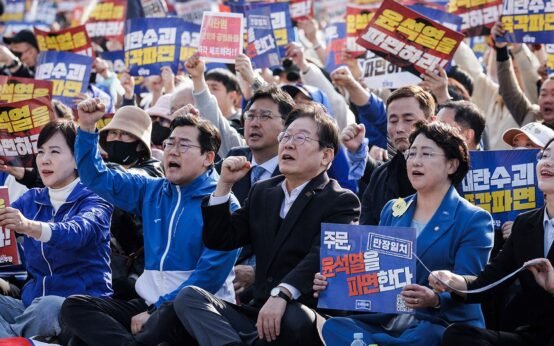 Prosecution’s Partial Appeal Sparks Political Divide in South Korea
Prosecution’s Partial Appeal Sparks Political Divide in South Korea 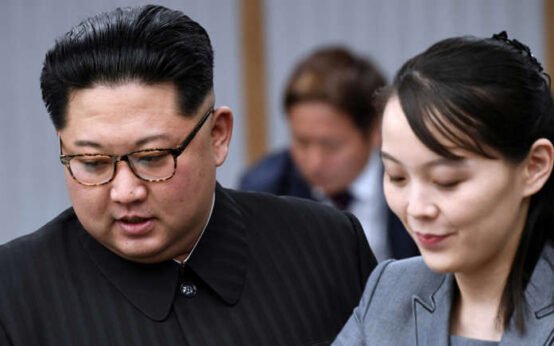 Could Kim Jong un’s sister, Kim Yo Jong, become the next leader of North Korea?
Could Kim Jong un’s sister, Kim Yo Jong, become the next leader of North Korea? 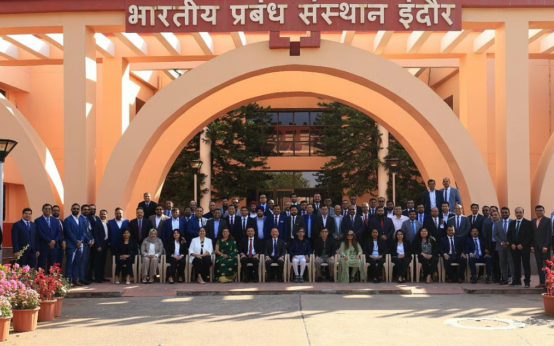 IIM Indore’s 2019 Proposal: Training Program for Politicians, Bureaucrats, and Businessmen
IIM Indore’s 2019 Proposal: Training Program for Politicians, Bureaucrats, and Businessmen 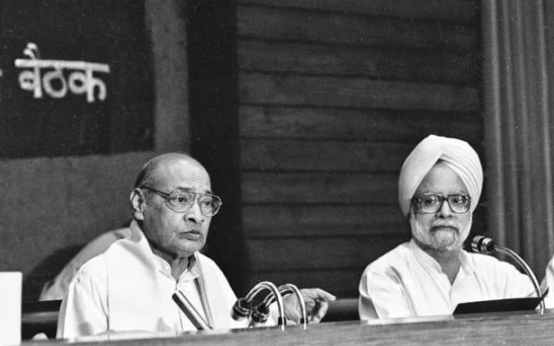 India Today@50 Episode 3: Pokhran Nuclear Tests, Globalization, Coalition Politics, and Kargil War
India Today@50 Episode 3: Pokhran Nuclear Tests, Globalization, Coalition Politics, and Kargil War  Kim Jong Un’s Rewards for Backing Russia in Ukraine War
Kim Jong Un’s Rewards for Backing Russia in Ukraine War 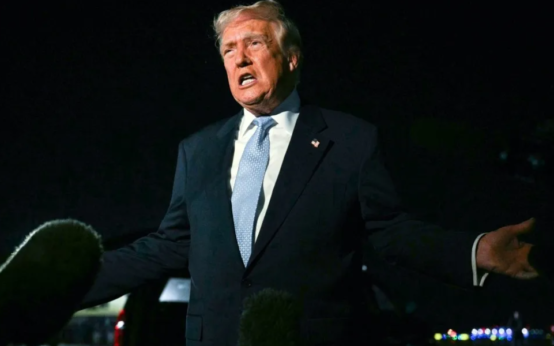 Trump Travelled on at Least 8 Epstein Flights, Over 11,000 New Files Released
Trump Travelled on at Least 8 Epstein Flights, Over 11,000 New Files Released